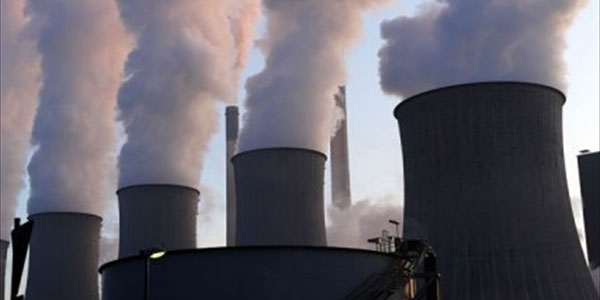German companies now have to pay almost three times as much for electricity as their American competitors, according to a Siemens study. One reason is that there’s no supply in Europe of cheap shale gas. Another is the cost of huge subsidies given to producers of wind, solar and biomass power.
Because of lack of a national grid, too much of that power is generated in the North, yet isn’t available where it’s needed, in the South. And because those supplies are so erratic, polluting coal-fired plants have to be used to make up the difference, increasingly being fuelled by imports from the US.
The German government has shut half the nation’s nuclear power production, and planned to close the rest. It’s committed to sourcing 80 per cent of its electricity from renewables by the year 2050. Subsidies for wind and solar power are now costing $23 billion a year, and forecast to total $735 billion by 2050.
Most of these extra costs are being loaded on consumers, with the pain greatest for those least able to afford them. More than 300,000 households are having their power shut off for lack of payment as winter approaches.
One consequence of the chaotic policymaking is that Germany’s emissions of greenhouse gases are actually rising, with older “dirty” power stations being reopened.
Energy policy, known in German as Energiewende (energy turnaround), is an “unholy mess,” says FT editor Tony Barber.
CopyRight – OnTarget 2013 by Martin Spring




















A response from Ant: the Germans are doing the right thing, and will be at 100 percent renewables much earlier than everyone else. Most Germans support the energiewende as many surveys have shown and as with solar feed in , they realise that while it may be painful initially, the result is that they will be nuclear and coal free within 20 years. Also, the externalities (i.e. pollution etc) that are a result of coal should be considered (which the Germans have done) and not just the price of electricity.